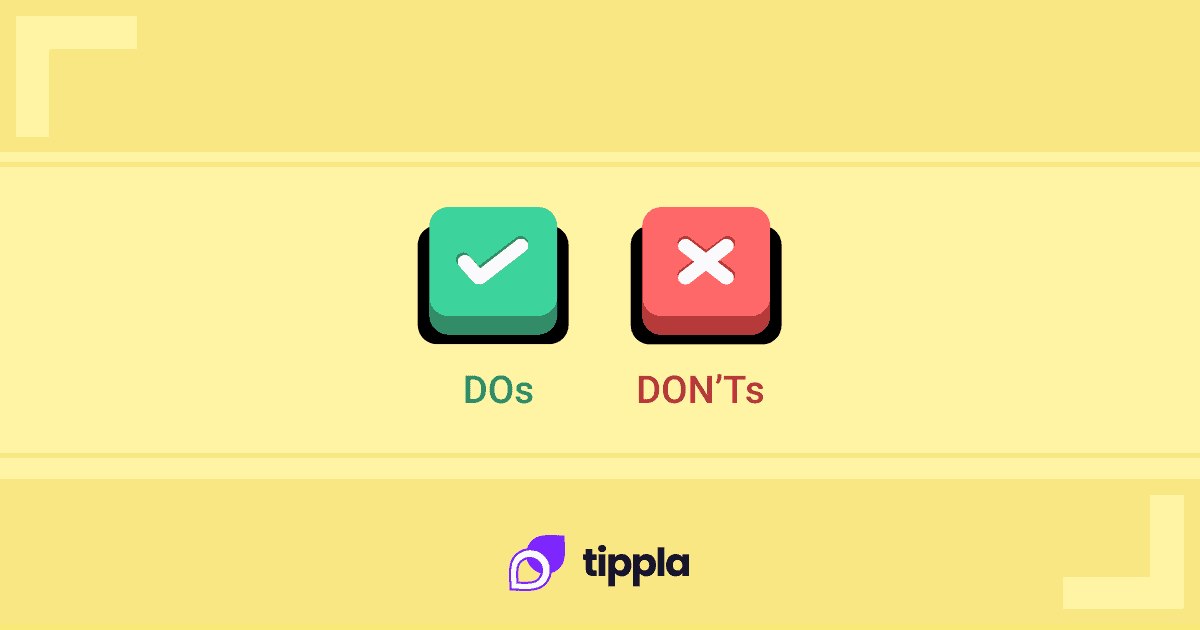Published in July 28, 2021
Short-term and temporary car insurance

There is a lot of car insurance options out there. What is short-term and temporary car insurance, and what’s best for you?
What insurance is best for you?
Before driving a car, you have to make sure you’re insured by some type of policy. Whether it’s your policy or you’re a temporary driver on someone else’s policy, you must legally be insured if you want to drive. Car insurance essentially protects you if you get in an accident where damage is caused. Car insurance policies usually last between six months to one year. However, you can also get short-term and temporary car insurance.
Read more about car insurance renewal with Tippla!
Car insurance when you’re a temporary driver
Because it’s illegal to drive without insurance all around Australia, even short-term driving may result in large fines if you’re driving an uninsured car. Additionally, you may also be liable to pay for any out-of-pocket costs related to injuries or damage. Those costs are usually very high for the average person. That’s why it’s important to consider short-term and temporary car insurance.
However, you may sometimes need to drive a car that’s not yours, like:
– If you’re taking turns on a road trip
– Emergencies where you might need to drive another car.
– Renting a car
– Your car is being repaired
– You volunteer to drive someone’s car
Temporary drivers using your car
If you live with family members who plan on driving your car for a temporary period, you will need to contact your provider and add them to your policy. You will incur a small fee, however, that ensures all the drivers in your household.
If you’re unsure if a family member is covered, you can contact your provider and get more information on your policy. Additionally, note that adding young or inexperienced drivers to your policy may be more costly. Tippla can help you understand car insurance with new drivers.
Borrowing a car
If you borrow someone’s car, you will most likely be covered by third party insurance. Make sure you confirm that with the owner of the car before you drive it. Getting in an accident in someone else’s car may raise the car owner’s premium. If you’re not covered under their third party insurance, you could look into short-term and temporary car insurance.
Renting a car
Depending on your provider, your policy may extend the coverage onto a rental car. You may purchase additional coverage for rental cars through your existing provider. The rental car company may also offer you coverage for an extra cost, however, that could be for a temporary period.
Public liability car insurance
This policy covers you when you drive a car that’s not yours. If the owner doesn’t have an existing policy on the car, you’ll need to purchase coverage before driving the car.
Public liability car insurance offers you liability insurance if you get in an accident driving someone else’s car. However, this policy won’t reimburse you if the car is stolen or badly damaged. They also have a policy length of six months to one year, just like a traditional policy.
Car-usage policy
If you don’t plan on driving your car as much, you could look into usage-based insurance*. This is a type of policy that allows you to pay for the amount you have driven, and how well you drive. If you drive less than the average driver and believe to be a good driver, your premium will be much lower with usage-based insurance.
Cancelling your car insurance before the policy period ends
With most car insurance companies, you can easily cancel your policy by contacting them and speaking with a representative. If this policy is new, most companies will have a cooling-off period that allows you to cancel the policy if you change your mind. However, cancelling your policy may incur you with a small early cancellation fee.
While we at Tippla will always do our best to provide you with the information you need to financially thrive, it’s important to note that we’re not debt counsellors, nor do we provide financial advice. Be sure to speak to your financial services professional before making any decisions.
Related articles

The Dos And Don’ts Of Credit: Protect Your Credit Score
12/09/2024
Taking out credit, whether it be a credit card,...

Cheques: What they are and how to use them
28/07/2021
Cheques are written documents that instruct financial institutions to...

The Impact of Student Loans on Long-term Financial Planning
01/07/2024
Student loans, particularly through Australia’s Higher Education Loan Program...

How To Provide 100 Points Of ID For An Identity Check
28/07/2021
100 points of ID – Why you need it...
Subscribe to our newsletter
Stay up to date with Tippla's financial blog